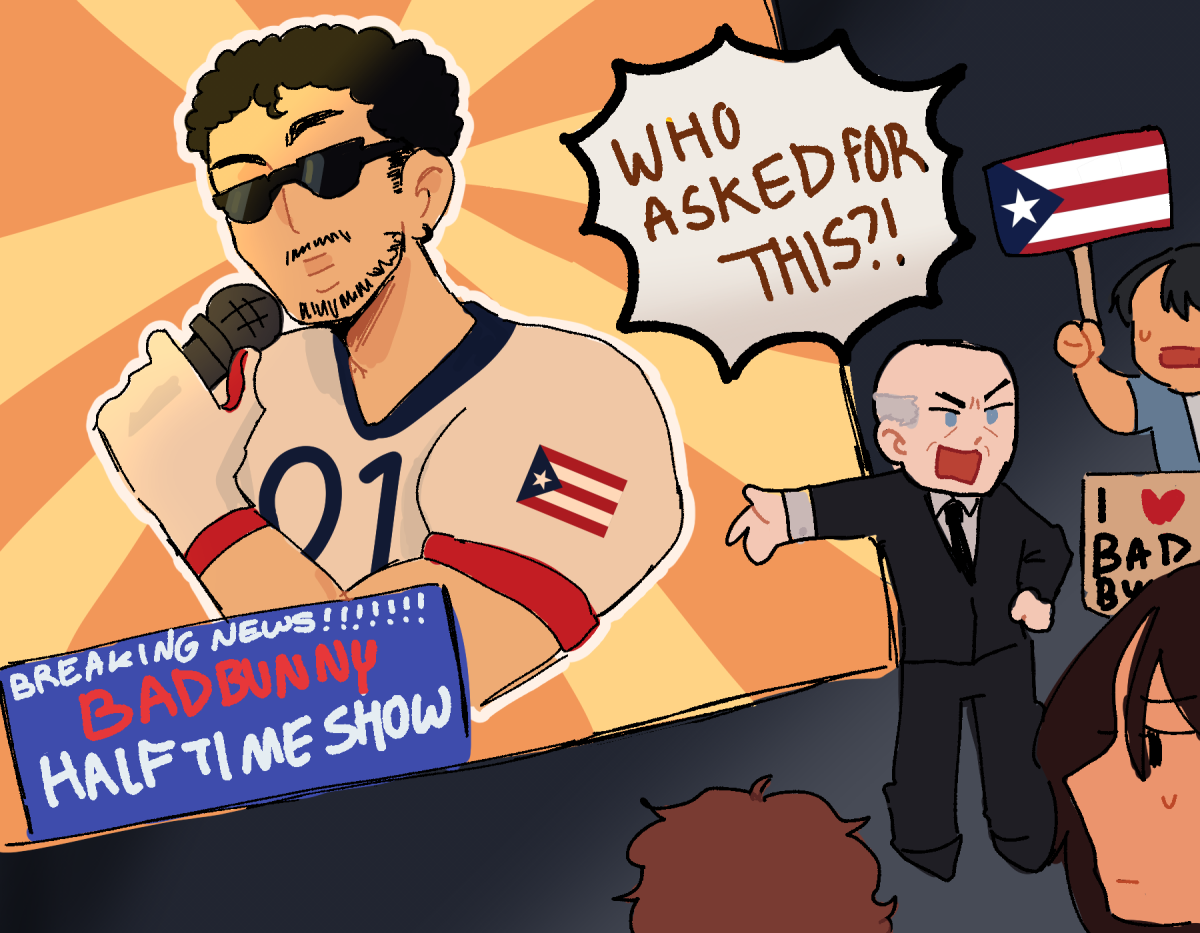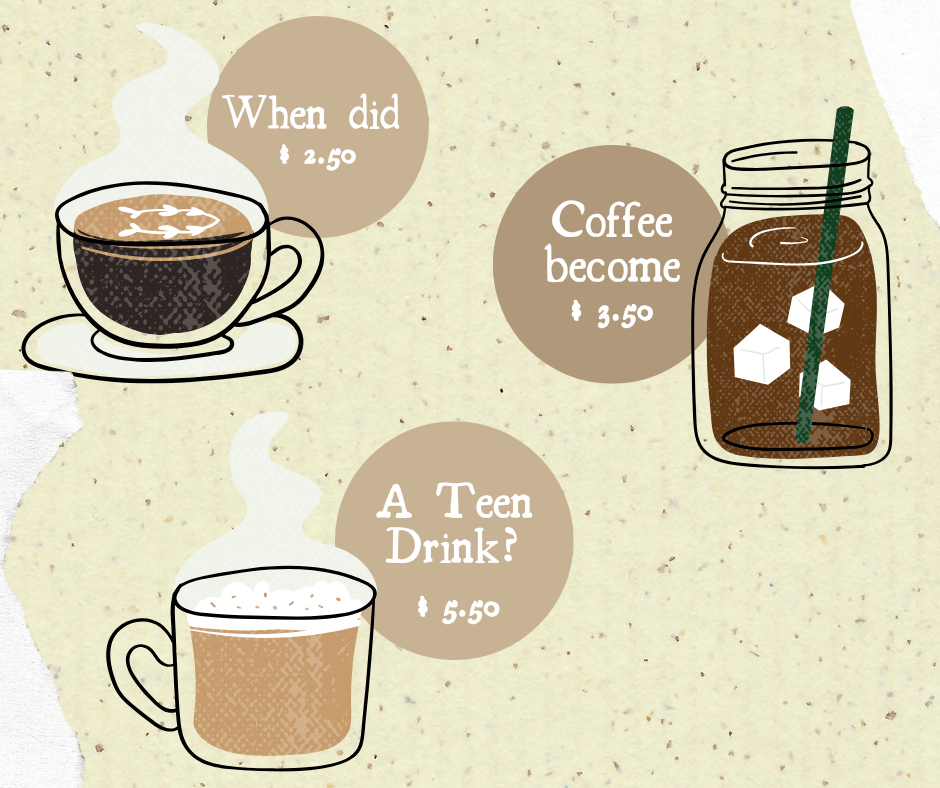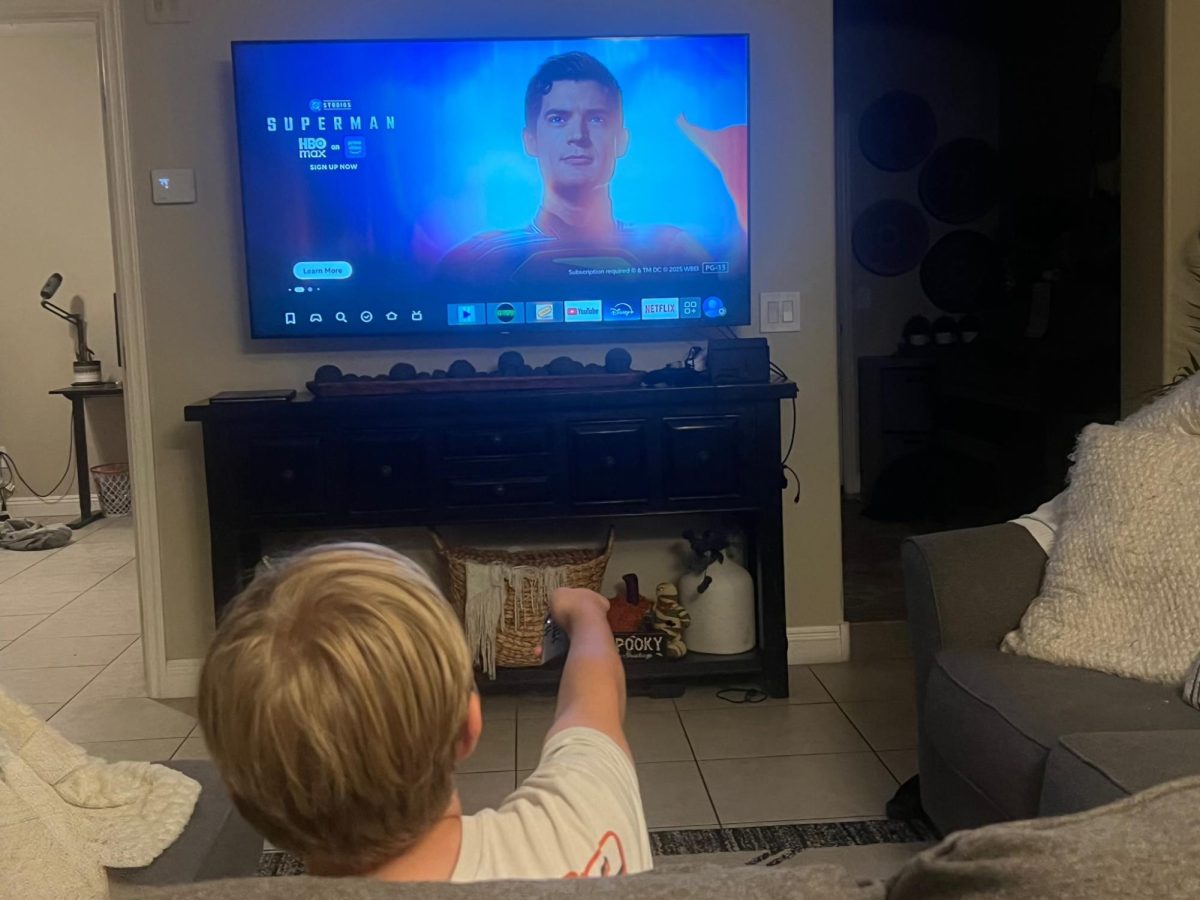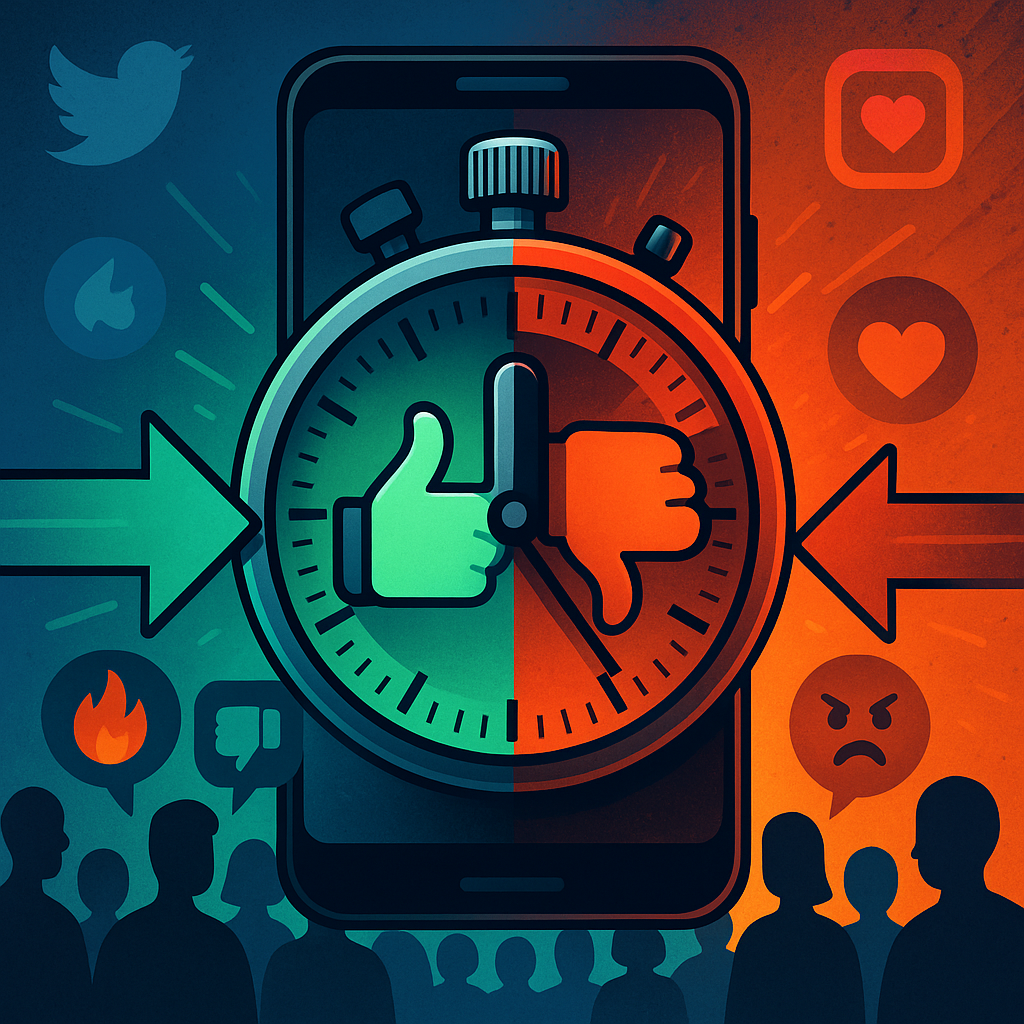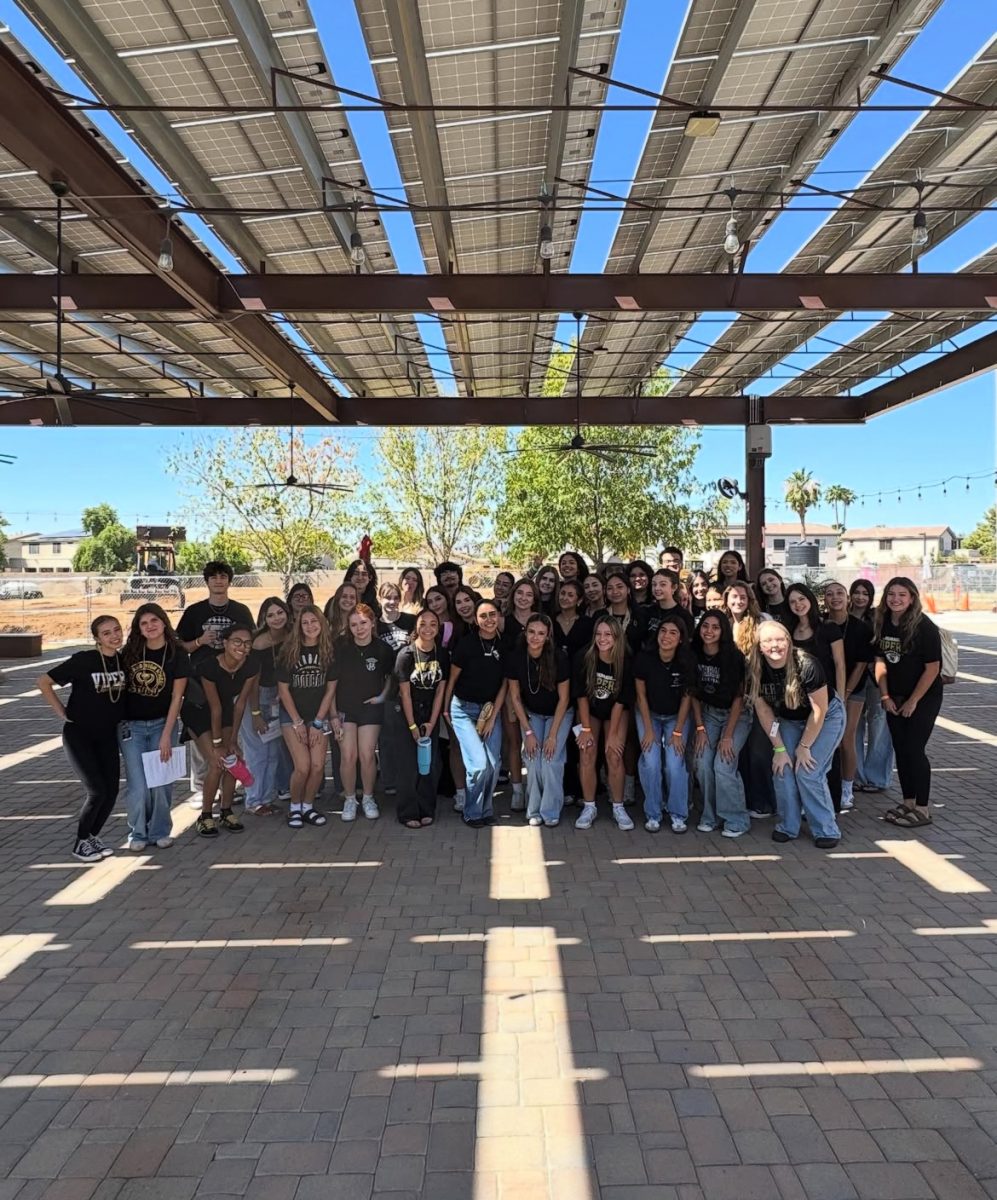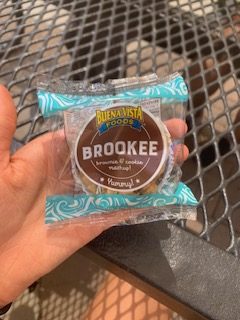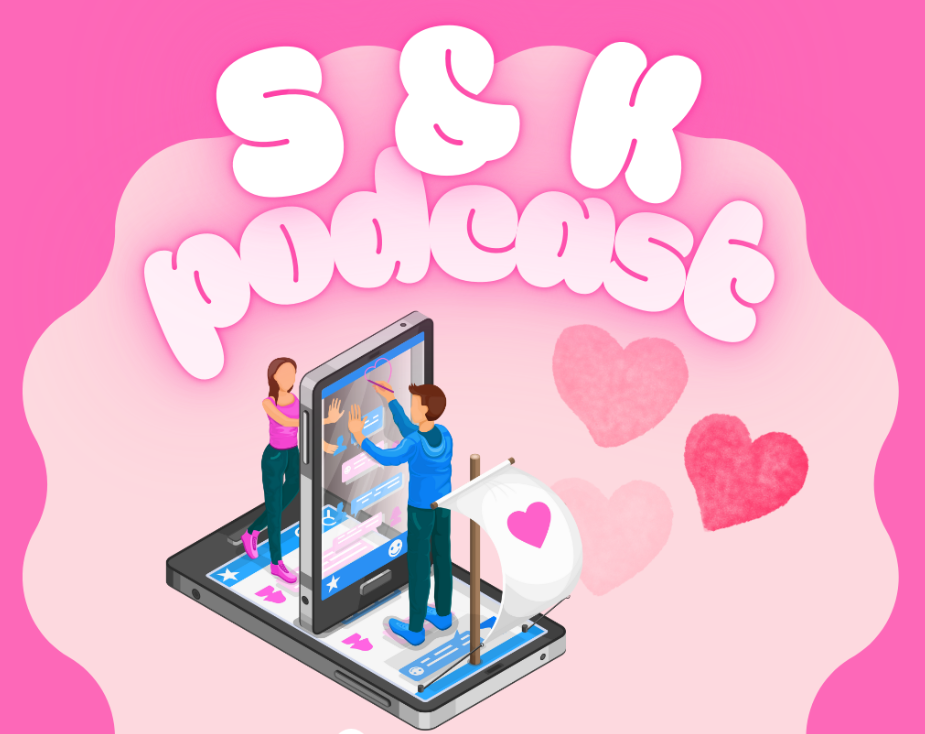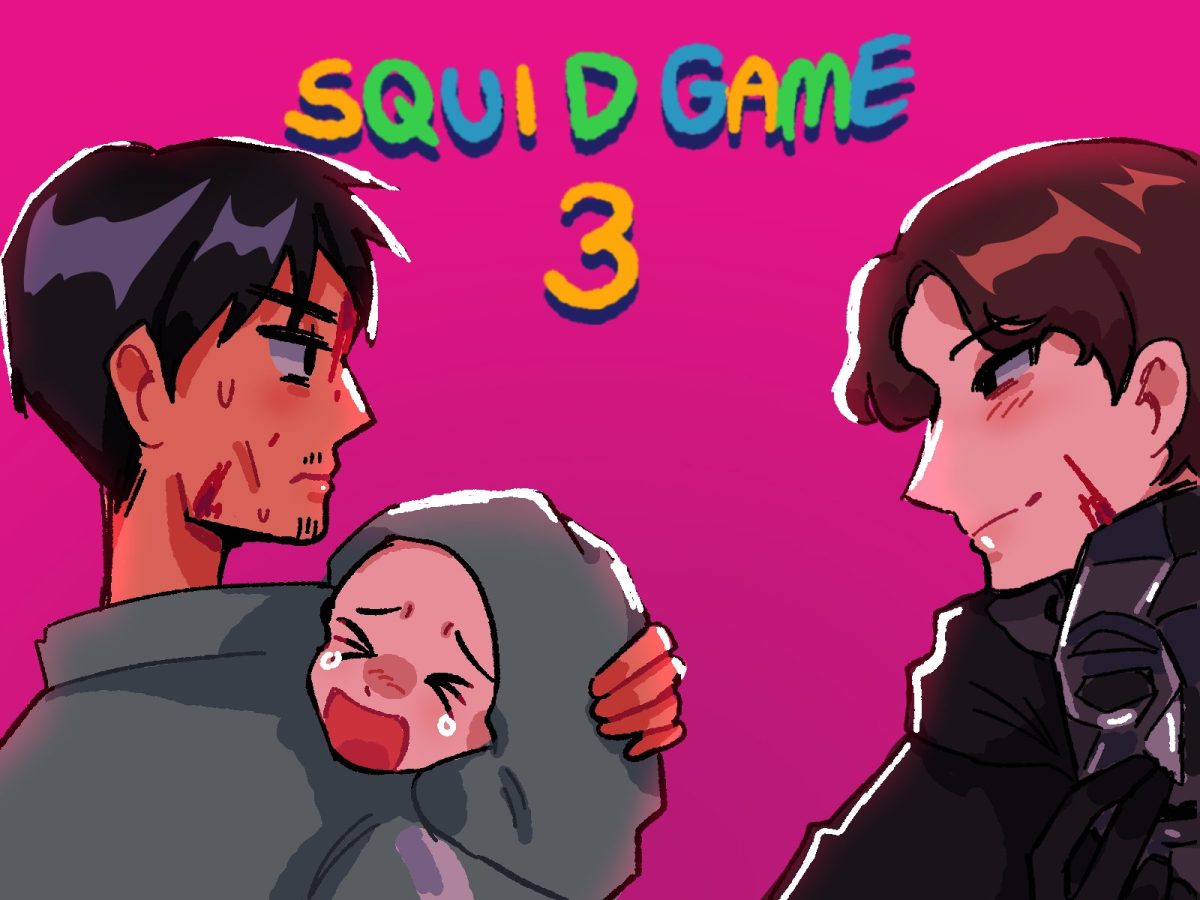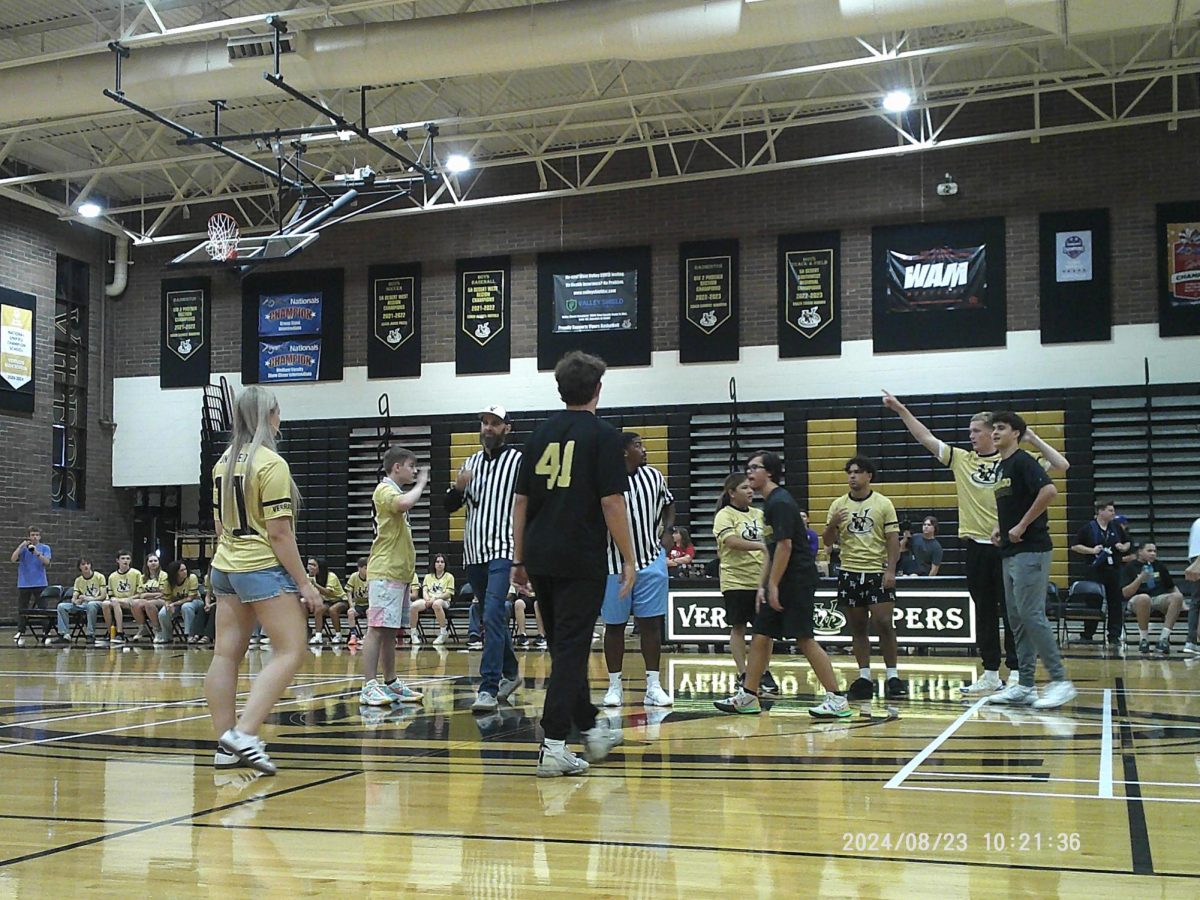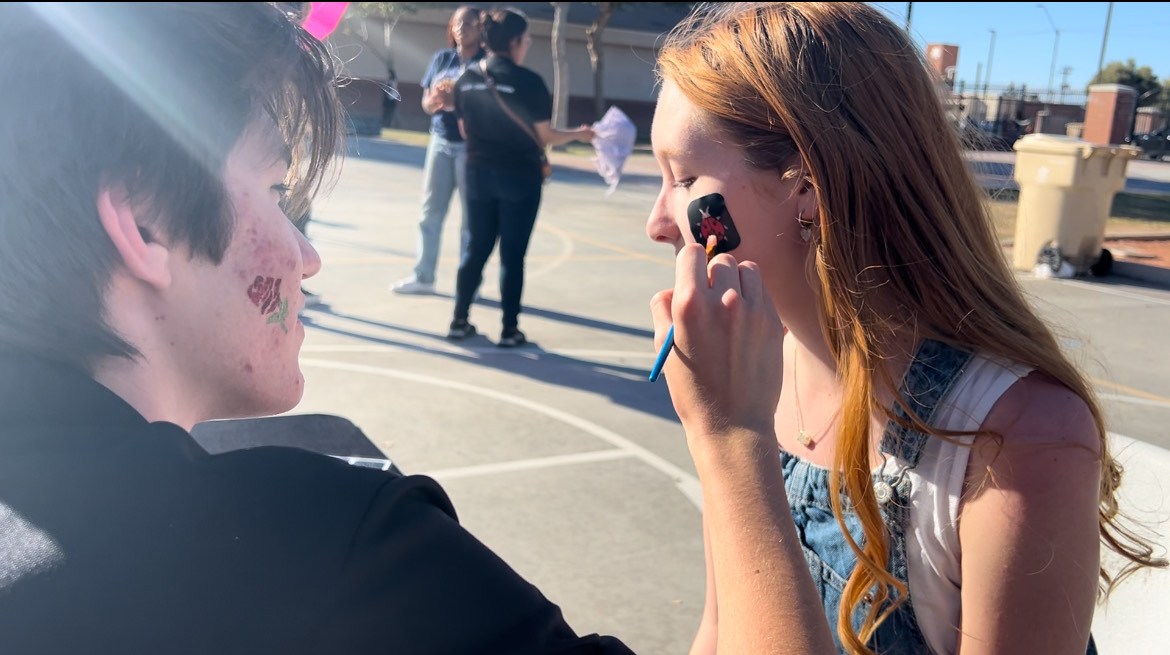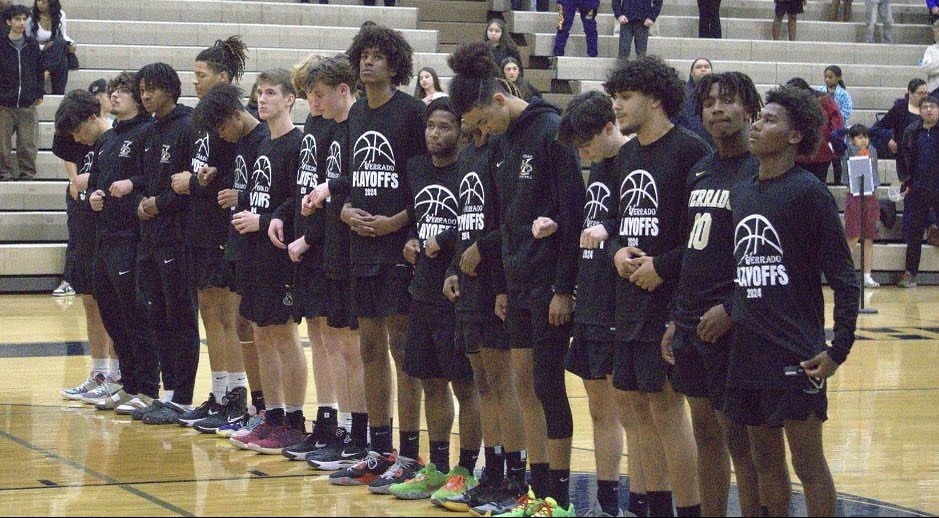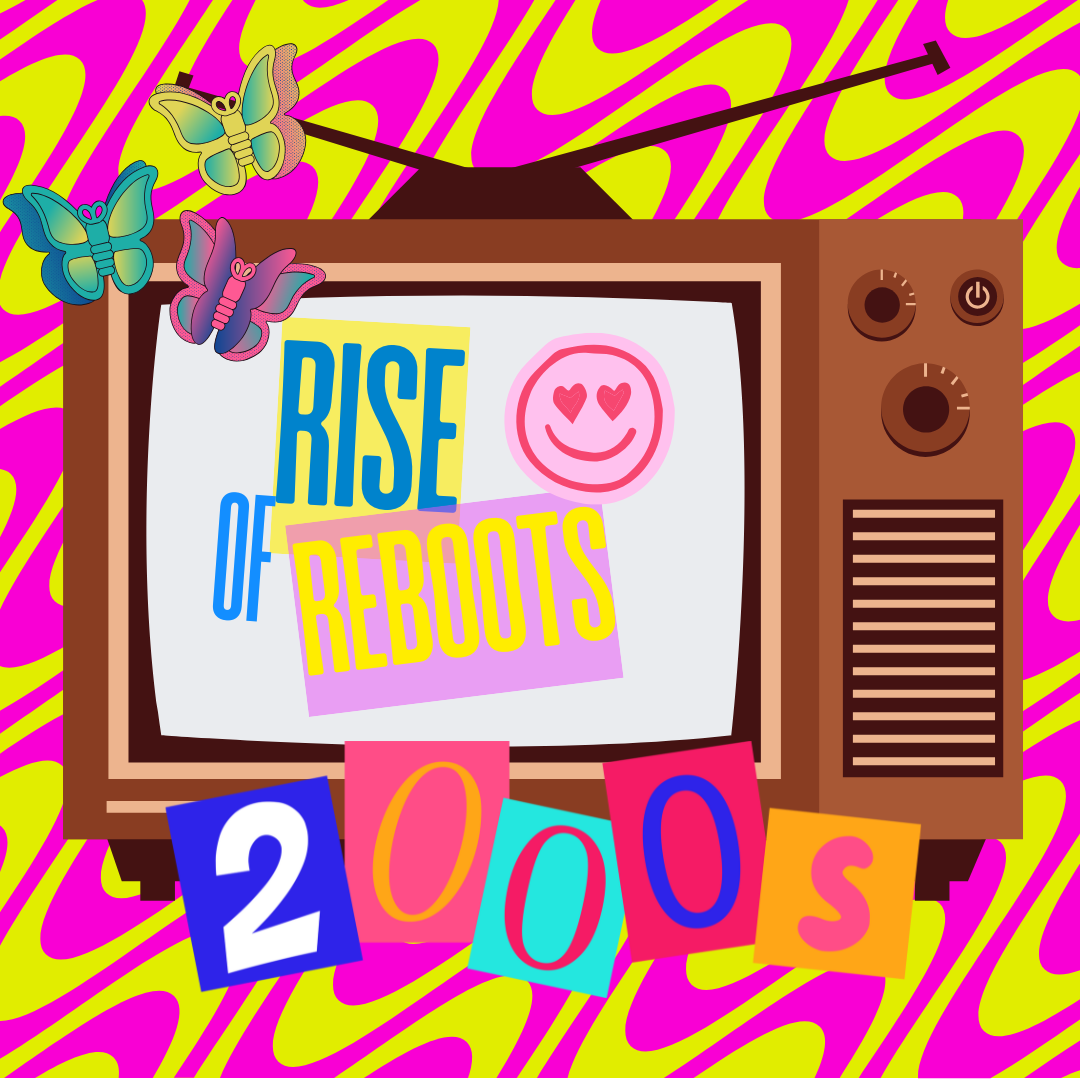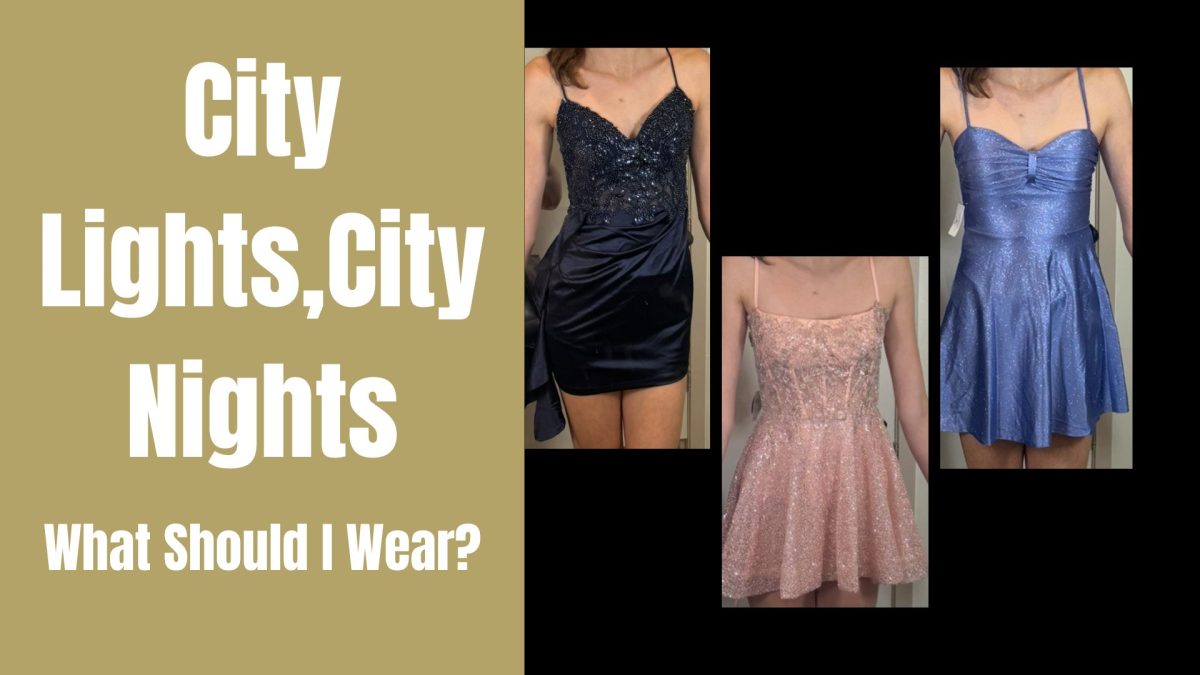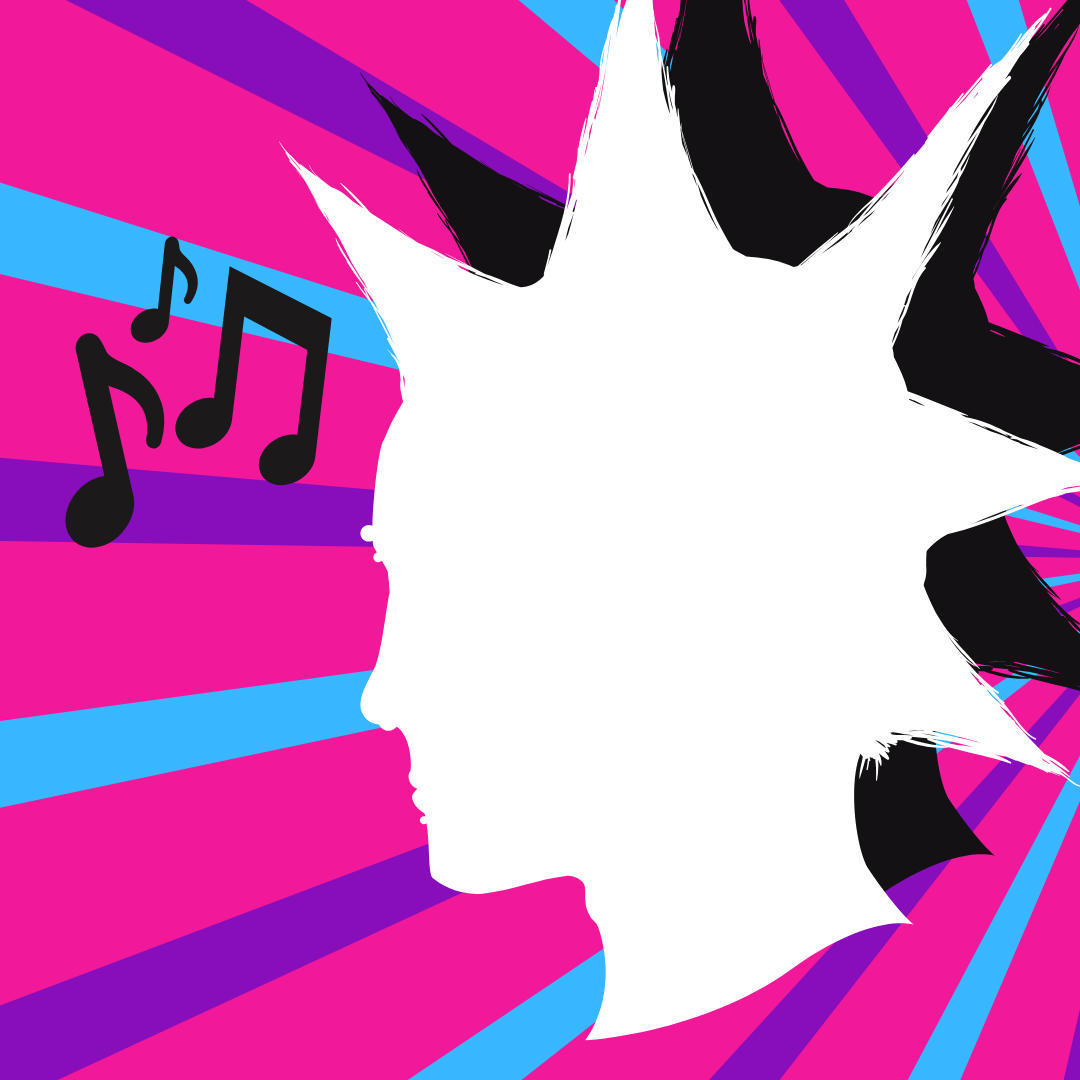Punk’s commercialization has sparked ongoing controversy, as the values and subculture that once defined it have been diluted in favor of profit. Once a movement rooted in rebellion and solidarity for the underprivileged, punk is now seen by many as a commercialized industry, losing its original ideals in the process.
Since its creation in the ’60s, people trying to profit from the scene have always been an issue. It was made easy because the scene was always mischaracterized as nothing more than loud, rebellious teens who had nothing better to do.
This has desaturated the scene and lost what made it a scene in the first place. Now instead of people focusing on the music and the culture, there are people who purely focus on the aesthetics and fashion of it.
In 2024 the most common brands that promote this are Shein, Romwe, and Hot Topic. The irony of this is that all of these brands are fast fashion, meaning they pump out thousands of new trendy clothing every day by the hands of underpaid workers who often haven’t even reached 18 yet.
Shein produces somewhere between 35,000 to 100,000 items a day, Hot Topic exploits natural resources while pretending to be sustainable, and Romwe is a sister company under Shein that shows no effort to hide its unfair labor practices.
The exploitation of the punk scene isn’t obvious at first glance. Shein and Romwe both offer a wide variety of clothing, however the most obvious among these brands in their exploitation of punk culture is Hot Topic.
Hot Topic specializes in counter-culture clothing marketed toward teens and young adults. Hot Topic promotes that “it’s not a phase mom” stereotype to an absolute T. With poorly made band t-shirts that can’t survive continuous use, Hot Topic almost seems to make it a point to disrespect the subculture it was based on.
The same can be said with Shein and Romwe and their extensive “punk” category. When it comes to sustainability and long-lasting use, these companies somehow make Hot Topic look like a tree hugger’s favorite place.
With Shein producing nearly 6.3 million tons of carbon dioxide yearly, it doesn’t take a genius to know why punks hate people who use it. The sheer disrespect that companies like Shein have towards the things that make punk what it is–that being community, music, and politics.
All of these factors add up to reflect the current state of the punk scene, which isn’t very pretty right now. Online you’ll see people raving about their $200 Romwe hauls while trying to preach to other people about sustainability and the ethics of being a punk.
Now the scene is full of people just trying to show that they’re more punk than the people around them while disregarding the values that allowed the punk subculture to grow into a real scene.
A community of people, originally about uplifting minority groups and rebelling against the toxic status quo American society puts on them, suddenly became about how they have more clothes and how “punk” they look. The thing is, one doesn’t need to fit the typical dyed mohawk and ripped clothes that look punk, to be punk.
Punk comes from the music you listen to, the beliefs you align yourself with, and alleging yourself with companies that support child labor. It becomes a fact that no matter how punk they look, they will never truly be a part of the scene.






